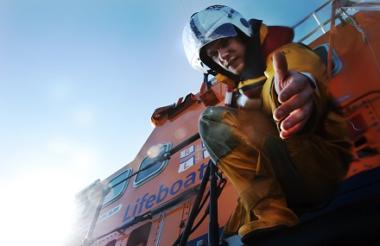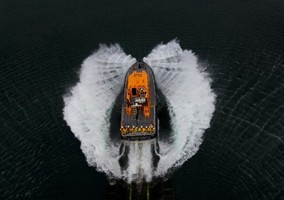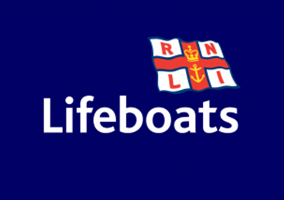Charities should “think like a tabloid” when responding to attacks in the press, the Royal National Lifeboat Institution has advised.
Speaking yesterday at Civil Society Media’s Trustee Exchange Online event, Isla Reynold, the charity’s senior media engagement manager, said the RNLI was right to “go bold” in rebutting a series of negative media articles in 2018 and 2019.
‘Comment after comment’
Reynolds said that the charity was initially taken by surprise by the level of criticism from the Sun and the Daily Mail, when the organisation stood down two volunteers for having hardcore pornographic images on the charity’s property.
She stressed that the images, which were printed on mugs and later reproduced on a private WhatsApp group of RNLI staff and volunteers, were so graphic that they “would have broken decency law” if published.
The newspapers accused the charity of “having lost its sense of humour”, she said.
Reynolds said: “We just walked into these [stories]. We did not think like a tabloid. It just kept going on, we had comment after comment.
“We thought maybe after a couple of days it would pass. We were wrong.”
Reynolds added: “The attack was that we are out of touch. We don’t listen, and we don’t listen to our frontline. And fundamentally who would support a charity like that?
“For me as the comms lead, that is a massive problem.”
Bland
The charity realised that “a bland corporate statement isn’t going to cut it with this story, so we had to think again”, Reynolds said.
“We wanted to fight this. We were in the right.”
As a result, RNLI decided to issue a response “which wasn’t apologetic, it didn’t placate people, it didn’t back down. It was very different from what our [previous] statement was”.
Reynolds added: “It was very different approach. A lot of charities, I think, are scared to say stuff like this, scared to put themselves above the parapet. And it was a scary thing to do. We didn’t know if it would work.”
The Mail’s decision not to include the RNLI statement in their coverage “was clearly quite disappointing”, she said, but it allowed the charity to publish the statement independently so that supporters and the public could hear their side of the story.
She said that, although the charity could not know how many people stopped donating because of the media coverage, it was aware that people had chosen to start or increase direct debits because they were unhappy with the way RNLI had been treated.
The experience encouraged the charity to "go bold" more quickly when further negative articles were published a year later, Reynolds said.
Social media response
The charity also put resources into communicating online.
Reynolds said: “We spent the whole weekend responding to people on social media and setting up interviews.
“It was a massive team effort. To give you an idea, we would have three or four people on social media at any one time responding.”
She added: “As a charity we must be scrutinised by the press, but also by our supporters and the public, and it is our duty to respond.”
'Have one voice'
Offering tips to the conference audience, Reynolds said: “Have one comms team and one voice. Your organisation needs to be saying the same thing internally and externally.
“You as trustees need to know what those messages are so that, as advocates and as ambassadors, you can support your charity in times of crisis.”
She added: “Don’t be afraid of being bold. It is OK to stand up for your convictions.”
Reynolds also said that RNLI benefited from a streamlined system for signing off media statements, which only required two other people: “If you have got 15 people in that process, it won’t happen.”
Related articles












